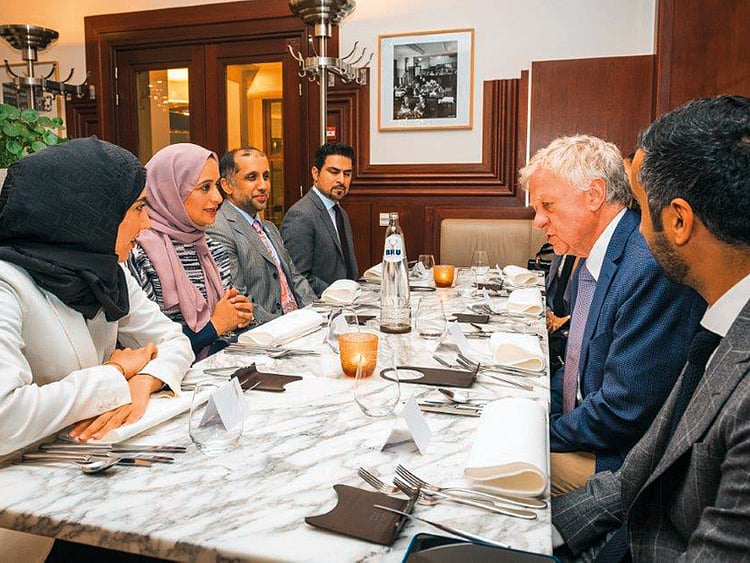Dubai: The Dubai International Communication Programme, the first communication training programme organised by the Government of Dubai Media Office (GDMO) for members of the Dubai International Media Committee, has concluded in Brussels.
Delivered in cooperation with Egmont Institute, one of Europe’s leading international relations think tanks, the programme was designed to support Dubai’s business leaders enhance their strategic communications mindset.
“The programme is part of our larger efforts to develop leaders who are skilled in communicating in any kind of environment. It was created to help expand the participants’ ability to engage, communicate, react and adapt to various communication challenges in today’s rapidly changing global landscape,” said Mona Al Merri, GDMO’s Director General.
Senior officials of various Dubai-based entities that play influential roles in international markets participated in the programme. They included Fahad Al Gergawi, CEO, Dubai FDI; Majed Al Suwaidi, Managing Director of Dubai Media City; and Jamal Al Sharif, Chief Officer, Commercial Affairs, Dubai Creative Clusters Authority and Chairman, Dubai Film and TV Commission, among others.
The Dubai International Communication Programme took a deep look at different forms of strategic global communication and the critical aspects of representing one’s country or organisation internationally. Integrating deep-dive discussions and practical workshops, the programme aimed to give participants a strong understanding of global best practices.
It addressed various dimensions of international communications including image building, digital strategy, perception management and crisis communication. Case studies were used to deepen participants’ understanding of strategic communication for different contexts and objectives. The programme also covered international trade and investment promotion communication, the use of social media and crisis communication, among other topics.
The programme was delivered by an array of leading European strategic communications experts.
Sign up for the Daily Briefing
Get the latest news and updates straight to your inbox
Network Links
GN StoreDownload our app
© Al Nisr Publishing LLC 2026. All rights reserved.
